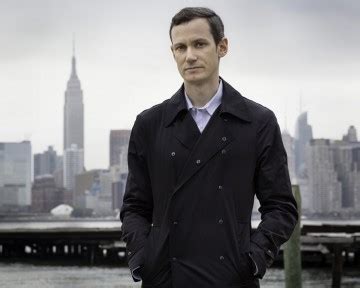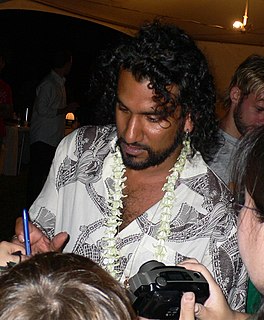A Quote by Peter Landesman
14th- and 15th-century drawings are almost unheard-of - and as a result, they generate jealous desire among dealers and curators. Museums in particular value rarity and pedigree more than attractiveness.
Related Quotes
Tarot cards likely originated in northern Italy during the late 14th or early 15th century. The oldest surviving set, known as the Visconti-Sforza deck, was created for the Duke of Milan's family around 1440. The cards were used to play a bridge-like game known as tarocchi, popular at the time among nobles and other leisure lovers.
If the first inward thought is not warded off, it will generate a desire, then the desire will generate a wish, and the wish will generate an intention, and the intention will generate the action, and the action will result in ruin and divine wrath. So evil must be cut off at its root, which is when it is simply a thought that crosses the mind, from which all the other things follow on.
Comic books themselves are getting more literate. And there are people who are screenwriters and television writers and novelists who are writing for the comics, for some reason, they love doing it and some of the art work in the comics, I mean it rivals anything you'll see hanging on the walls of museums, they're illustrations more than drawings and all the people are discovering this and they're turning on to it.


































